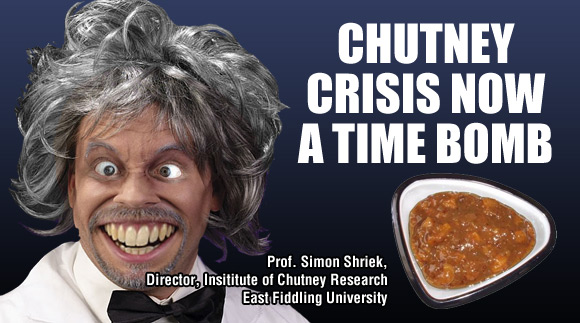Colby Cosh linked to an interesting press release from the Chinese Academy of Sciences, which shows a surge in published papers from China, but a significant drop in the rate at which those papers are cited:
Chinese researchers published more than 1.2 million papers from 2006 to 2010 — second only to the United States but well ahead of Britain, Germany and Japan, according to data recently published by Elsevier, a leading international scientific publisher and data provider. This figure represents a 14 percent increase over the period from 2005 to 2009.
The number of published academic papers in science and technology is often seen as a gauge of national scientific prowess.
But these impressive numbers mask an uncomfortable fact: most of these papers are of low quality or have little impact. Citation per article (CPA) measures the quality and impact of papers. China’s CPA is 1.47, the lowest figure among the top 20 publishing countries, according to Elsevier’s Scopus citation database.
China’s CPA dropped from 1.72 for the period from 2005 to 2009, and is now below emerging countries such as India and Brazil. Among papers lead-authored by Chinese researchers, most citations were by domestic peers and, in many cases, were self-citations.
Being published is very important for sharing discoveries and advancing the careers of the scientists, but it’s more important that those publications be read and referenced by other scientists. Self-citations are akin to self-published works: it doesn’t guarantee that the work is useless, but it increases the chances that it is.
Perhaps worse than merely useless publication is the culture of corruption that has grown up around the scientific community:
In China, the avid pursuit of publishing sometimes gives rise to scientific fraud. In the most high-profile case in recent years, two lecturers from central China’s Jinggangshan University were sacked in 2010 after a journal that published their work admitted 70 papers they wrote over two years had been falsified.
[. . .]
A study done by researchers at Wuhan University in 2010 says more than 100 million U.S. dollars changes hands in China every year for ghost-written academic papers. The market in buying and selling scientific papers has grown five-fold in the past three years.
The study says Chinese academics and students often buy and sell scientific papers to swell publication lists and many of the purported authors never write the papers they sign. Some master’s or doctoral students are making a living by churning out papers for others. Others mass-produce scientific papers in order to get monetary rewards from their institutions.








